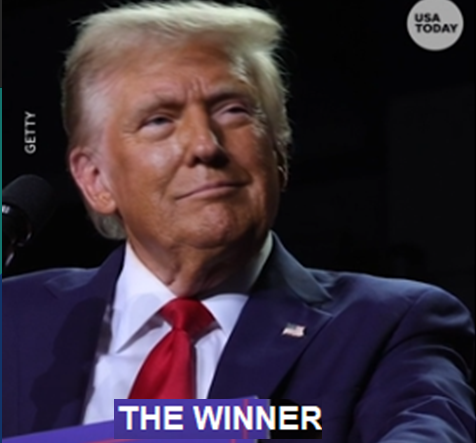The Economic Impact of Trump's Victory on Financial Markets
The Economic Impact of Trump's Victory on Financial Markets
11/8/20242 min ler


Analysis of the Current Economic Scenario
With the announcement of Donald Trump's victory as the 47th president of the United States, the global economic scenario is undergoing significant changes. The Brazilian financial market, represented by the Ibovespa index, reacted to the initial news with a drop of -1.42% shortly after the confirmation of the election result. This devaluation reflects the uncertainty that permeates emerging economies, especially at times of transition of power in one of the largest economies in the world.
Ibovespa's Reaction and Expectations for the Future
Despite the negative opening, the Ibovespa managed to recover part of its losses throughout the day. However, it is important to highlight that the blows to the stock market do not stop there. Recent experiences show that initial euphoria can quickly give way to deeper concerns, and in the case of the Trump administration, many are wondering about the impact of its economic policy and the possibility of a more protectionist management. New tensions in Asian stock markets, partly caused by a stimulus package that did not meet expectations, are also increasing uncertainty.
External Pressures and the Foreign Exchange Market
Pressure on the dollar remains high, reflecting a dynamic that tends to influence markets around the world. The appreciation of the US currency may not only be a reflection of macroeconomic uncertainty, but also a powerful factor in the depreciation of emerging market currencies. In addition, the sale of assets in the market due to instability has the potential to exacerbate this situation. Geopolitical tensions in the Middle East and the resulting increase in oil prices are additional considerations that may have repercussions on local economies.
Furthermore, Trump's victory, which has a favorable House and Senate, brings with it an expectation of less opposition to his political proposals. This, on the one hand, may facilitate the implementation of reforms, but, on the other, it generates fears about foreign policy and the implications it may have on international financial markets.
In short, while the election news can be seen as a sign of political stability for the United States, the same does not immediately apply to financial markets. The question that remains is whether this stability will be beneficial for Brazil and other emerging economies, or whether the impacts will be predominantly negative. Time and the decisions of the new government will bring the answers that the market so longs for.
Address
Brazil, DF
Subscribe to our newsletter
Contacts
55 61 9939.82860
loja@revistatrader.com.br